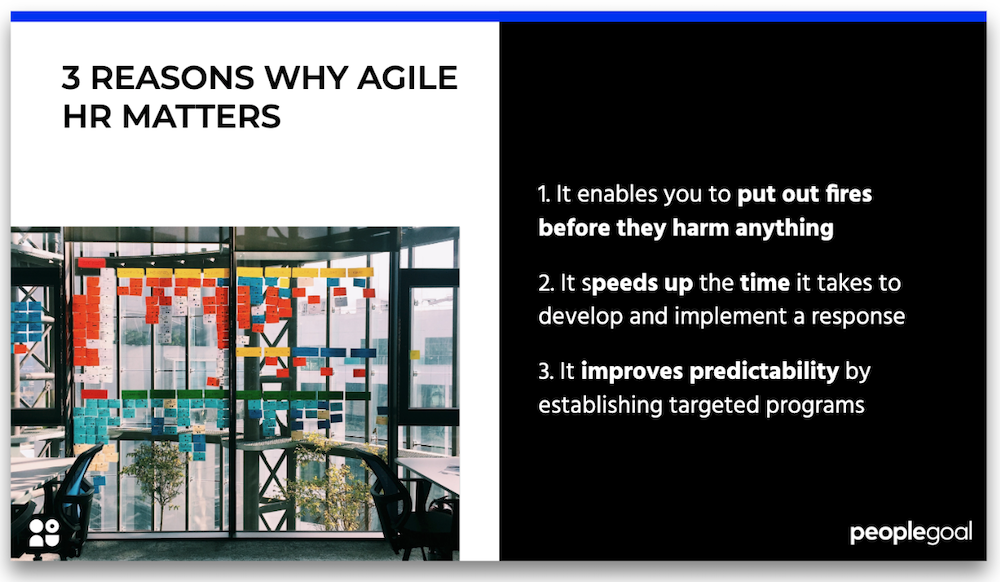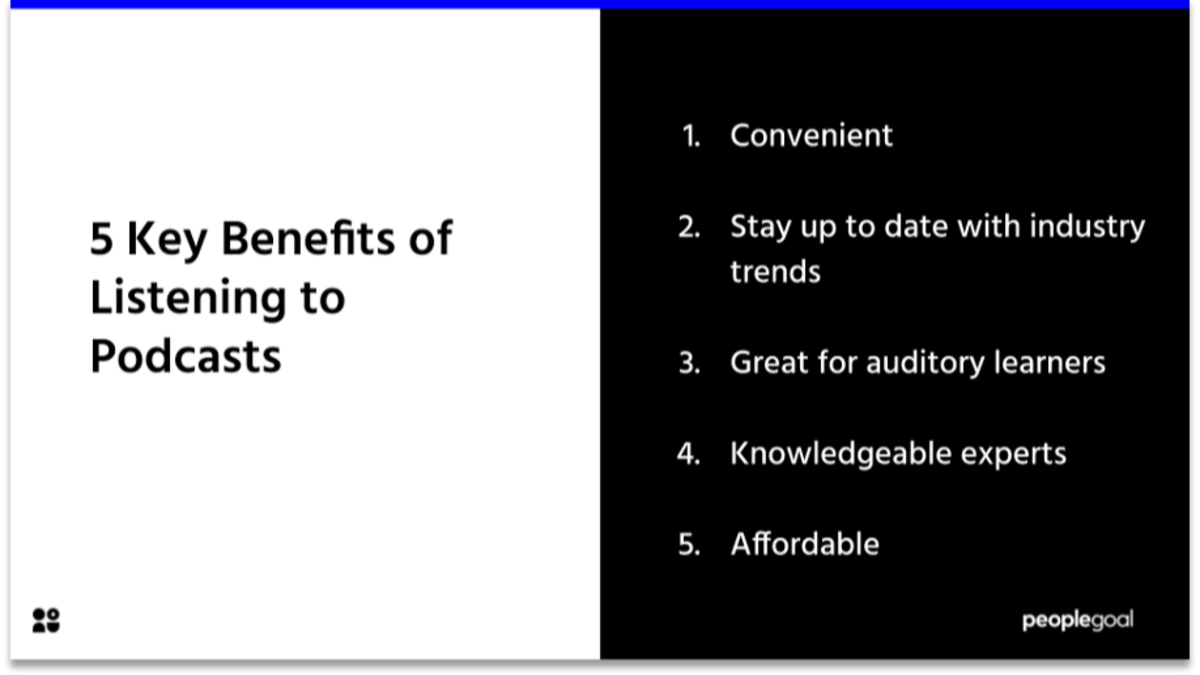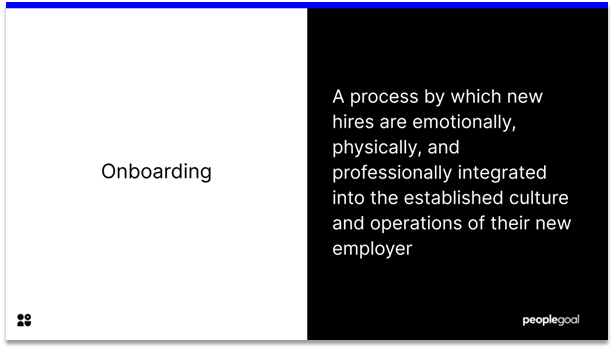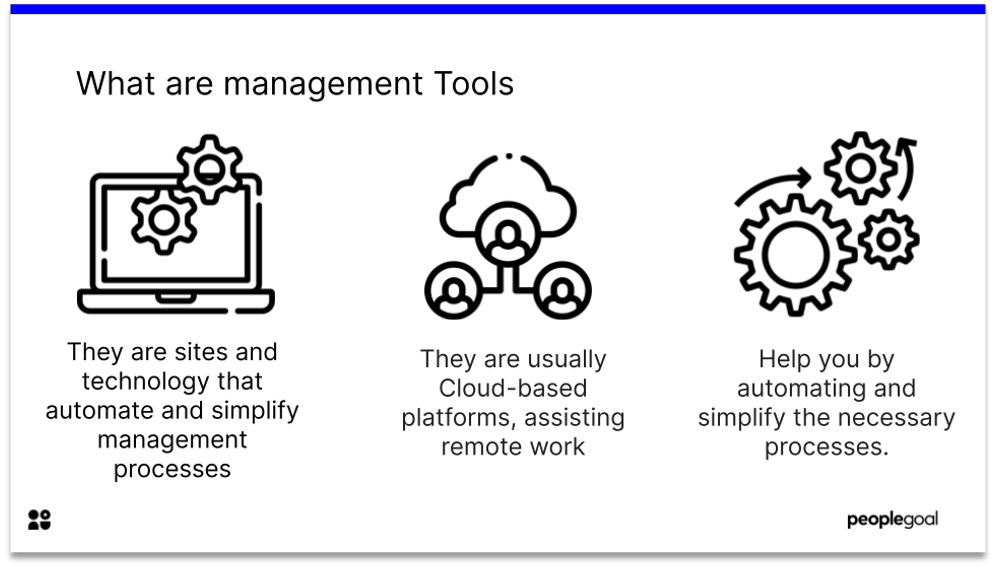You have probably heard the phrase __work smarter not harder__ before, and maybe even read a few lists of ideas on how to actually do it. But when you find yourself in a rut or overburdened with work it can be difficult to stay focused.
One reason we get overwhelmed during working hours or in personal endeavours is because we spend too much time performing and not enough time planning. Sometimes we may feel we don’t have enough time to plan, because we have so much to do and this leads to a visious cycle of frustration.
But no matter the task or environment you are working in, there is one simple fix we can all use to be more productive: setting goals. But not just any goals – SMART goals. Before we delve into how to set SMART goals, it’s important to understand why they work.
Just a quick search will show you how important it is to set goals. They help us focus on what is important and can motivate us to achieve to our full potential. But one of the biggest reasons goals help us be more effective happens before we even finalize them – they force us to reflect.
Work hard, play hard by setting SMART goals
Good goals take time to create and that means we have to take a step back and really think about what are we doing and why are we doing it. We can’t expect to magically stumble upon a better way to do our job; we have to put the effort in upfront. But setting goals is our shortcut to finding better solutions because not only do set up our own roadmap to success, but when we return to our work we’re more focused and aligned to our priorities in a long term.
That said, not all goals are created equal and to truly tap into working smart, we need to set SMART goals. SMART is a framework for setting quality goals, and while there are other methodologies out there the principles to SMART still apply:
S – Specific
- What is specific about our goal?
- What do you want achieve with this goal?
- What do you need to achieve this goal?
- Are you collaborating with other people to achieve this goal?
M – Measurable
- Can we measure it?
- How you can quantify this goal?
- What is the expected outcome?
A – Achievable
- Is the goal attainable given our constraints/skills?
- Does your goal make sense with the resources you have available?
- Does it require investment from the company?
R – Relevant
- Does the goal matter to me, my work, my project?
- Is it in line with you current duties and team duties?
- Why are you qualified to achieve this goal?
T – Timely
- Does the goal make sense now and can it be completed in a reasonable time?
Embedded content: https://www.youtube.com/watch?v=srG8KQeG1-Y&feature=youtu.be
How to work smarter: The framework
Thinking about our work – whatever it may be – in this framework helps us in the long term
Cut out what’s unnecessary/irrelevant
When we don’t have clear direction on what needs to done and why, we are unlikely to perform at our best. Focusing on what’s necessary and relevant to attain our targets helps us focus and put our effort where it counts and save time and energy.
Measure what we’re doing and know where we can improve
If you can’t measure it, you can’t improve it. Part of working smarter is learning from our mistakes and giving our goals structure is key to being able to see what we’ve done in the past and do it even better in the future.
Prioritize long lists of tasks
There’s only 24 hours in the day (and hopefully we spend some of those sleeping). When we know what is most important task, we can work on what’s the priority first and not waste time spending all our effort on things that won’t get us far.
Know at a glance what we’re doing and why
Take a step back from our work can help us gain perspective, whether it’s for a quick walk, a lunch break or a holiday. But when we log back in to tackle our to-dos, having a discrete, actionable, and meaningful goals will make us much more productive than having to switch between lists and emails.
Communicate with others when we need help or complete something
No man is an island and we all need help at some point. When we know and can communicate concisely exactly what we’re doing and why, it can be easier to get other on board and up to speed when we need assistance. This will help your time management as well as it will help you reduce workplace stress.
While we often think that working smarter means creating something entirely new – a process, a machine or tool – the truth is we can work smarter using our existing resources and time. The key is to take time to plan and reflect (even if just for 15 minutes) on what we’re doing and to translate our tasks into actionable, SMART chunks of work. The time we spend doing so more than makes up for itself in productivity down the line.
Ready to 3x Your Teams' Performance?
Use the best performance management software to align goals, track progress, and boost employee engagement.






